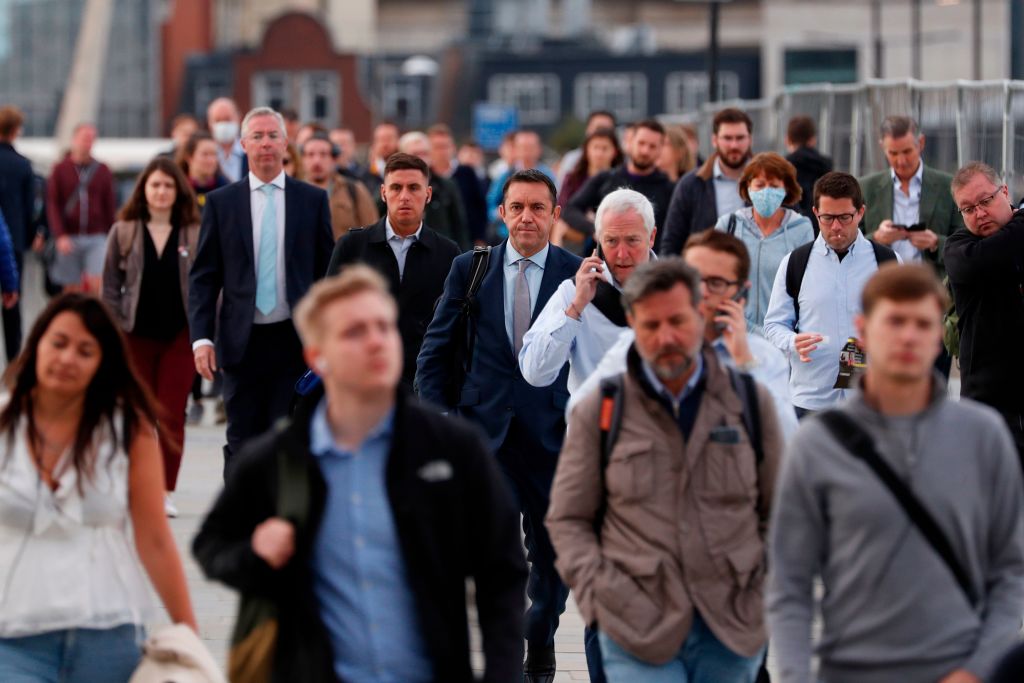
Coronavirus: UK job losses could reach 700,000 by end of the year
by John AbionaBritain must prepare for a huge wave of job losses that could reach 700,000 by the end of the year, according to new analysis from a research group.
In the third quarter of 2020, as many as 450,000 jobs are expected to be lost — a huge increase on the same quarterly figures during the last recession of slightly more than 300,000.
Read more: British companies planned 300,000 redundancies in June and July
A further 200,000 redundancies are then forecast before the end of the year.
The alarming figures come from the Institute for Employment Studies (IES), which obtained data from employers planning 20 or more redundancies amid the Covid-19 crisis.
The research group warned that actual job losses could be as high as 700,000, as companies cutting fewer than 20 jobs did not have to notify the Insolvency Service, while some firms under-reported or failed to report redundancies.
The IES said redundancy notifications issued by employers have risen to more than double the rate seen during the 2008/9 financial recession.
Reports show 240,000 people have been made redundant in the first six months of this year, according to data from the Labour Force Survey.
The latest figures are set to be released on 15 September, with IES figures predicting 445,000 job losses in the three months between July and September.
The research group also noted that the current end to the furlough scheme on 31 October could produce a backlog of redundancies for the final three months of the year between October and December.
But it stressed that current projections do not point towards any job cuts directly due to the end of furlough.
Read more: DEBATE: Is the government right to wind up the furlough scheme at the end of October?
Tony Wilson, the IES’ director, said: “Sadly many of these job losses are now inevitable, but it’s not inevitable that this leads to mass unemployment.
“We can do more to help those facing job loss, support new hiring, minimise lay-offs where we can and protect worker rights.”
One of the IES’ recommendations in its new report is to boost employment through greater investment in infrastructure.
This mirrors Sajid Javid’s views on how to emerge from the economic recession.
Read more: Sajid Javid backs plan to end furlough scheme in October
Speaking at the Centre for Policy Studies think tank on Friday, the former chancellor said the UK has been “pretty lousy in delivering on infrastructure commitments”.
“There are lots of ways we can deliver it on time and on budget,” he said. “Infrastructure investment is critical to our growth and is key for our recovery in next decade.”